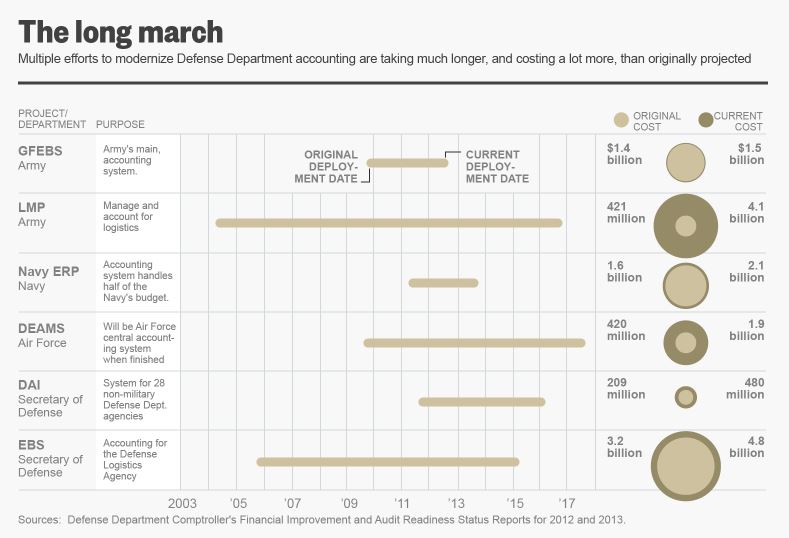Forex is the largest market in the world and the most widely misunderstood. For this reason we wrote Splitting Pennies - Understanding Forex - to educate and entertain. As we explain in the book, in Forex there's things which are possible simply not possible in other markets. For example, Forex trades all day and all night during the week. There's no waiting for 9:30 am 'market open' - and while even Forex is closed on the weekends, some brokers offer the ability to trade on the weekends, with a wider spread. Forex markets offer higher leverage, and unique features such as 'swap' payments, meaning that you are paid to hold positions (or pay, depending on the currency pair and your side of the market, long or short). Because of the nature of how the Forex market trades, there's a number of strategies that can work on Forex markets that simply can't work on other markets such as stocks, commodities, or bonds.
In Forex it's possible to have a simple linear progression account (function, as equity). Take this chart as example, it's a real live account statement from the past 3.5 years at a European broker:

Such equity curves simply aren't possible in other markets, without having some kind of advantage (such as HFT). If we saw equity curve's from prop shops they'd probably look like this.
How is this possible in FX, and not in other markets?
In Forex there's a number of strategies that are possible that just don't work in other markets. For example, let's take the strategy 'triangular arbitrage' - this is an arbitrage where there are price discrepancies between 3 currency pairs. Forex is traded in pairs, i.e. EUR/USD EUR/GBP EUR/CHF. What can happen during a big market event, for example a failed coup in Turkey as an extreme example, EUR/USD will move faster than it should have to keep in ratio with the rate of EUR/GBP. That can be just a market function, traders sell EUR/USD before EUR/GBP without algorithms. Or, large orders can cause the difference between EUR/USD and EUR/GBP to be off slightly. Even if only off by a fraction of a dollar, this can be millions in profits - hence the name of our book "Splitting Pennies."
How can you participate in it too
Well, the straight answer is that if you're a retail US investor, you probably can't. You can buy our book and understand why. But for the rest of the world, and ECP US Citizens, the strategy is offered as a managed account, as an investment. Investors open an account with the regulated broker based in London, United Kingdom with a minimum of $20,000 (doesn't matter, US Dollars, Euros, Great British Pounds..). Investors pay only for profits; there's no fees other than a performance fee of 30% calculated above a high watermark (it's not possible for paying fees to make back losses). The strategy has a live track record going back 3.5 years with no losing month. There was a 10% + drawdown during the 2015 Swiss Franc 'event' which was an excellent 'stress test' of the strategy; it recovered and continued to profit (no loss was booked during this event).
How ECP Americans can participate in it
If you were interested in this strategy and are an ECP (Eligible Contract Participant) defined by the CFTC:
Eligible Contract Participant: An entity, such as a financial institution, insurance company, or commodity pool, that is classified by the Commodity Exchange Act as an eligible contract participant based upon its regulated status or amount of assets. This classification permits these persons to engage in transactions (such as trading on a derivatives transaction execution facility) not generally available to non-eligible contract participants, i.e., retail customers.
..your next step would be to be vetted as an ECP, and proceed to open account. But the minimum for you would be $1,000,000 - this is similar to the hedge fund account minimum of $1,000,000 - the idea being, outside of being vetted as an ECP, if you can open an account with 1m in cash, you're likely a qualified investor. Also, as the carrying broker is in the UK, you'll have to report this account on your FBAR, if you don't already have foreign accounts, this is another moving part that you'll have to have your team of advisors dig into. Many do it, but also many don't. In fact, many Americans don't even have passports, even rich Americans.
And frankly, if you are an ECP, you should receive a special status from the Treasury department - like the priority boarding on flights. All ECPs should be mailed lapel pins from the CFTC they can proudly wear over their Zegna "ECP." But, we live in a world where only the disabled, minorities, and other degenerates get special priviledges.
Forex as an investment
This strategy is by no means the only strategy in the world, there are many. The point is that many of these strategies can't be executed on other markets. Forex provides a unique market to develop such systems, that can produce linear progression equity curves. Strategies include statistical arbitrage, grid trading, latency arbitrage, triangular arbitrage, broker arbitrage, matrix trading, least squares trading, momentum oscillator trading, and countless others.
If you want a quick Forex education, checkout Splitting Pennies - the pocket guide designed to instantly make you a Forex genius!
If you want to get started looking at investing, checkout Fortress Capital Forex





